So if you’re wondering how Donald Trump’s campaign team first fell under scrutiny for possible ties to the Russian government, it may have actually began, however indirectly, quite some time before the 2016 election.
The seed of the investigation began with Carter Page, a Navy veteran and oil consultant, who also served, briefly, as part of Trump’s national security team.
In 2013, Page was under investigation by the FBI, after they were made aware that a Russian spy was seeking to recruit Page.
In July 2016, Page made a trip to Moscow, in order to speak at a prominent school, once again raising red flags with the FBI.
The Washington Post reported last week that the FBI had obtained a warrant to surveil Page through the secret Foreign Intelligence Surveillance Court last summer as part of its investigation into ties between members of President Trump’s campaign and Moscow.
FBI Director James Comey acknowledged the existence of such a probe last month. Current and former law enforcement officials told the Times that the bureau intercepted conversations among Russian officials in the first months of the investigation that centered on Page and other Trump associates.
Page denies any wrongdoing.
While sitting with ABC’s George Stephanopoulos last week, he stumbled a bit, when asked if Russian sanctions and Trump’s attitude towards those sanctions had been mentioned in his conversations with Russian leaders. He couldn’t say for sure, but said something “may have come up” in those conversations.
During his speaking engagement in Moscow last July, Page railed against U.S. policy toward Russia and has been a frequent critic of the Obama administration’s attitude toward the Kremlin.
He’s not the only Russia-friendly Trump associate. Others have come and gone, such as Paul Manafort, Roger Stone, and Trump’s original national security adviser, Michael Flynn.
Manafort, Stone, and Page are all on the witness list for the ongoing probe into Russian interference in the 2016 election.
Trump, himself, often spoke of a desire to foster friendlier ties with Russia, but recent activities in Syria and North Korea seem to have put a strain on an already complicated U.S.-Russia relationship.
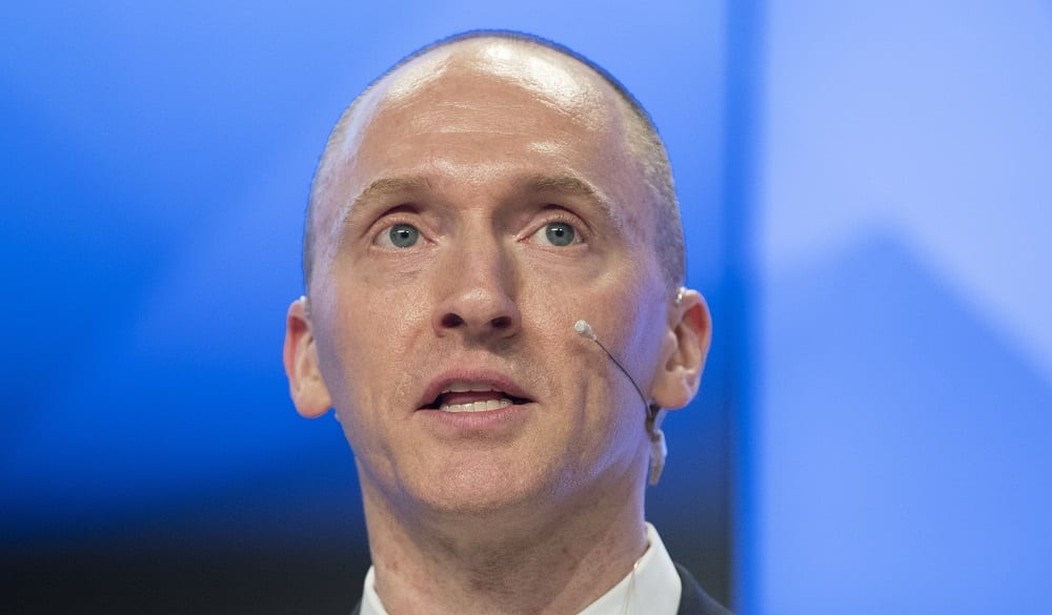

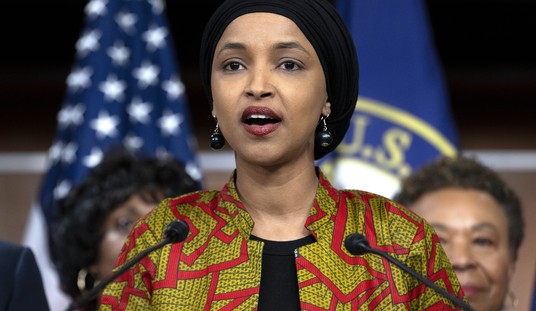


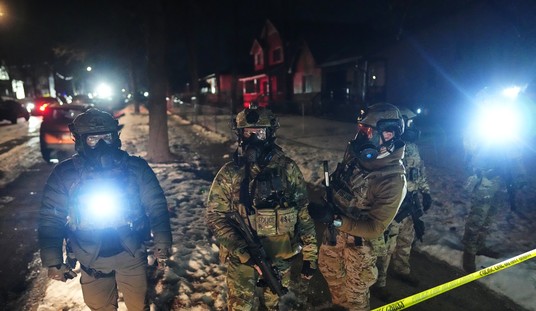

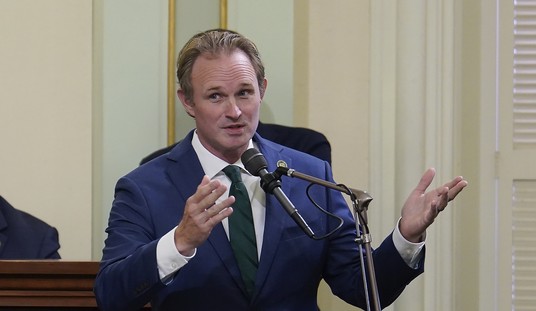


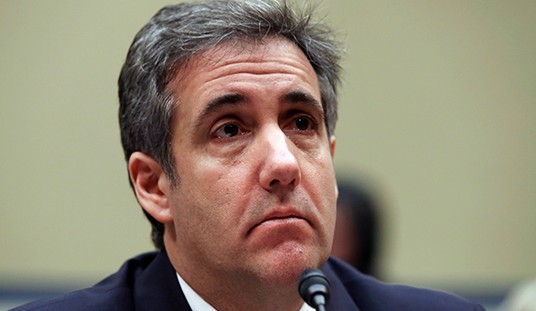


Join the conversation as a VIP Member